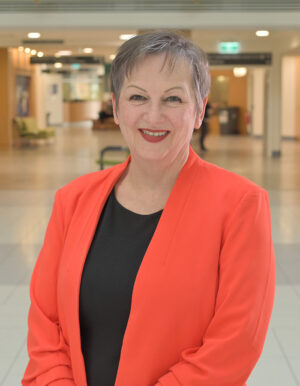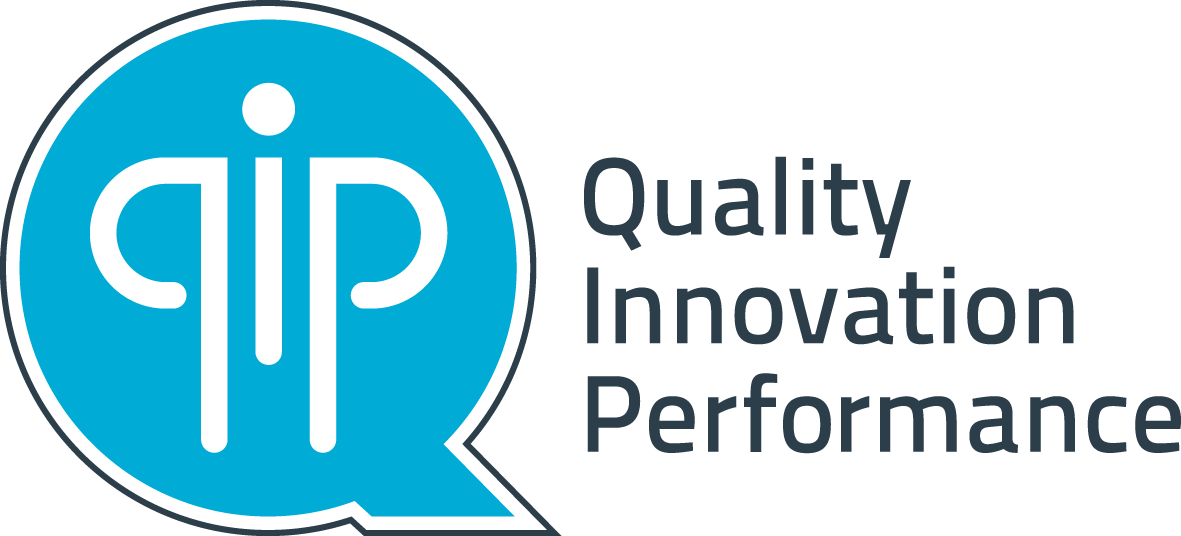Latest news

Assessors in Focus: Leanne Boyd
 Quality Innovative Performance Limited (QIP) is proud to introduce Leanne Boyd, a newly certified assessor whose extensive experience and dedication make her a valuable addition to our QIP Assessor Team. With over a decade of service as a Chief Nurse and Midwifery Officer, Leanne has also taken on executive sponsorship roles for various National Standards, demonstrating her deep understanding of the importance of effectively incorporating these standards into healthcare practices.
Quality Innovative Performance Limited (QIP) is proud to introduce Leanne Boyd, a newly certified assessor whose extensive experience and dedication make her a valuable addition to our QIP Assessor Team. With over a decade of service as a Chief Nurse and Midwifery Officer, Leanne has also taken on executive sponsorship roles for various National Standards, demonstrating her deep understanding of the importance of effectively incorporating these standards into healthcare practices.
At QIP, we remain steadfast in our commitment to ensuring quality and continuous improvement in healthcare services. Recently we had the privilege of speaking with Leanne Boyd, who, in addition to becoming a QIP Assessor, has also experienced and successfully achieved QIP accreditation. Her insights into the onboarding experience at QIP provide a valuable perspective on our dedication to quality and our mission to enhance healthcare outcomes.
Leanne’s journey as an assessor offers valuable insights for aspiring assessors. In this article, we explore her experiences, motivations, and the impact of accreditation on healthcare services, as well as her advice for those considering a similar path.
As a newly qualified assessor, tell us about your experience going through the QIP accreditation process?
I have felt very welcome and supported throughout the onboarding process. The QIP Team are really approachable and are happy to answer any queries you might have (and I had a few!). The e-learning requirements are considerable and you need to put aside a number of days to complete this. The two assessments as supernumerary were great learning experiences and I felt ready to take on my first assessment as a part of the team.
With more than 30 years’ experience in health professional education, what motivated you to become a QIP assessor?
I have been working as a Chief Nurse and Midwifery Officer for over 10 years and have had executive sponsorship of a number of National Standards during that time. This experience has shown me the importance of embedding the standards effectively and constant vigilance to ensure that positive practice is maintained and celebrated. I also have experienced leading clinical trial programs across both public and private sectors, and this is incredibly helpful as we commence our work assessing the National Clinical Trials Framework into our assessment processes.
What do you enjoy most about being a QIP assessor?
I enjoy seeing what is working well and the challenges that other health services are experiencing. This promotes dissemination of innovative practice which is a real positive. I really enjoy working with the different assessment teams and learning from each other. It is quite a unique environment in which to work and the assessment visits are incredibly busy, however the comradery I have experienced amongst the team members makes it a very enjoyable and memorable time.
What piece of advice would you give to someone considering becoming a QIP assessor?
To leverage the expertise of the team around you and rely on the PiCMORs framework as your foundation for interviews and clinical visits. This is a group endeavour and all decisions are made as a team. It is also really important that you work collaboratively with the health service you are assessing, and remember that many find the process stressful. Doing your best to reassure and reduce that stress is important to ensure you get the best possible discussion, evidence and outcome.
In your opinion, what are the most crucial qualities or skills that a successful QIP Assessor should possess?
In my view, the ability to decipher large volumes of data quickly is vital. The other major skillset is about people management and provision of a safe environment, so that people can be honest and represent their work well.
Tell us about a recent assessment you undertook and any challenges or improvements that were highlighted. What stood out as key learnings from the assessment?
My last assessment had high political overtones, which was an interesting challenge for the team (and the team leader!) to navigate. A number of improvement opportunities were identified and the health service embraced this with a positive attitude, which was wonderful. It is certainly challenging to get to all the sites when there is a fair distance between services, and yet incredibly important to do so. I think the other learning from my perspective is to spend time understanding the individual context in which each of the various campuses/sites works. There are often significant differences that need to be considered as assessors.
With your fellow QIP assessors in mind, what was the most significant lessons learned from this experience?
The pre-reading gives you a good starting point, as do annual reports and local websites, prior to commencing the assessment. Speaking to the people working at the service delivery level and the consumers/residents/clients and family members is the best way to really understand the way processes work, and if improvements have been made or sustained.
In your experience, what are some of the common themes in areas for improvement in the delivery of healthcare?
Simplification of processes to benefit staff and patients/resident/consumers/family members is the first thing that comes to mind. Health services work in a highly legislated and compliance driven framework. It is often the people delivering care and those receiving care that suffer the consequences of that. An example might be documentation of the same information in a variety of different forms and settings. Anything that can reduce workload and administrative burden for our people is a priority in my view.
How does accreditation work as a solution to improve upon these concerns?
Accreditation looks at processes from managerial, frontline health worker and consumer perspectives, so can often identify problematic gaps or areas of duplication that can be addressed. It also provides opportunities for health services to link in with other health services that have identified ways to improve, that may not have been considered.
Leanne’s journey as a QIP assessor reflects a commitment to improving healthcare quality and outcomes. Her experiences, insights, and advice serve as a testament to the valuable work carried out by QIP and its assessors in promoting excellence in healthcare services. We look forward to working with Leanne throughout her time as an assessor trust her experiences and insights will be shared with all those organisations that she will be supporting through QIP accreditation.
If becoming a QIP Assessor sounds interesting to you, feel free to contact a member of our Workforce Management Team or check out our assessor eligibility criteria.



